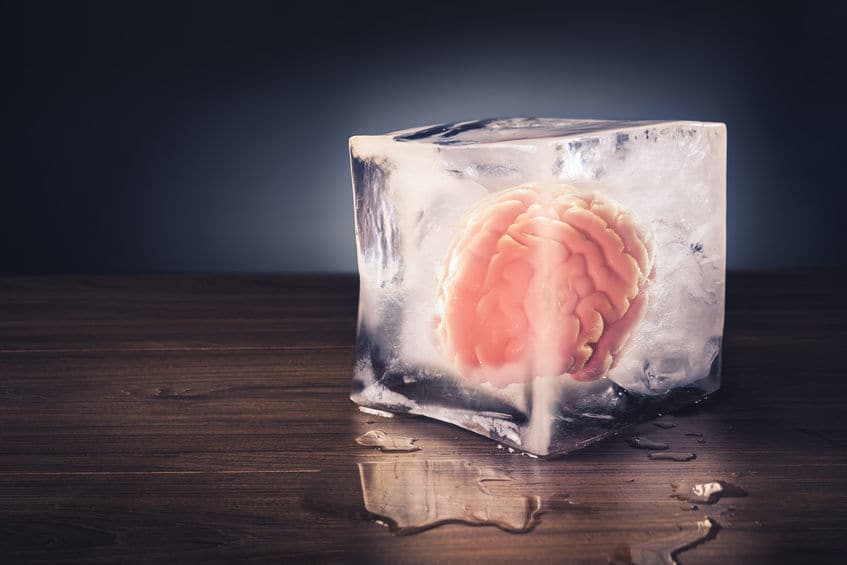In 2013, a research group headed by the founding chair of department of psychiatry at Dell Medical School at UT, Austin published a paper theorizing the underlying nonspecific nature of depression and posed the idea that it was a result of brain “damage” or underlying changes.
While a discussion on the relative merits of the argument is beyond the scope of this post, I want to share one point, which is the high rate of depression as a “comorbid” or “co-occurring” problem with many other medical and psychiatric difficulties, including PTSD, Anxiety, OCD and substance abuse, as well as migraines, cancer, Alzheimer’s and stroke. So, how can all these different and varied mental and physical disorders have increased risk of depression?
One of the possibilities is the fact that many symptoms of depression are “nonspecific”, meaning there are many disorders that have similar presentations. For instance, fatigue or low mood are often attributed to things other than depression, including heat, “bad luck”, substance abuse and hormones to name a few.
Research on effective treatments for depression also point to cognitive-behavioral therapy as most effective with mild to moderate depression. So how do you know if you’re depressed, and what is the most effective way to treat your depression? Depression involves a sad or irritable mood, as well as a loss of pleasure in activities previously enjoyed. A key factor is the length of time (over 2 weeks), which helps distinguish depression from a “normal, human, emotional” reaction to something sad in life.
Another key factor is severity. How much does this affect your life? Are you unable to drag yourself out of bed, or just “not happy” about going to school or work? Do you still maintain social commitments, as well as self-commitments such as healthy diet and exercise? This can help you determine whether your depression is mild, moderate or severe.
If your depression is mild or moderate, perhaps the first stop should be cognitive-behavioral therapy. A good counselor or psychologist can teach you the coping skills and strategies you need to manage your depression. These are techniques everyone should learn, as more severely depressed people will benefit from these strategies as their depression remits.
If your depression is more severe, crippling and incapacitating, CBT (Cognitive-behavioral therapy) alone will have little benefit. You need a strong medication focused plan to “jump start” your recovery. This is where Ketamine infusion therapy can help. Whether your depression is mild, moderate or severe, call the professionals at Ketamine Wellness Center. We have the tools to treat your particular depression in a manner that is both effective and free from unwanted side-effects. Together we can eliminate the joy dampening effects of depression, and allow you to achieve your life goals. Call us today, and end this debilitating cycle. Get your life back sooner than you thought possible!
Dr. Ellen Diamond is the Clinical Psychologist for Ketamine Wellness Centers.





